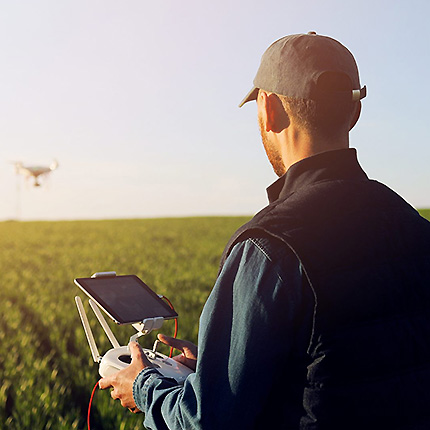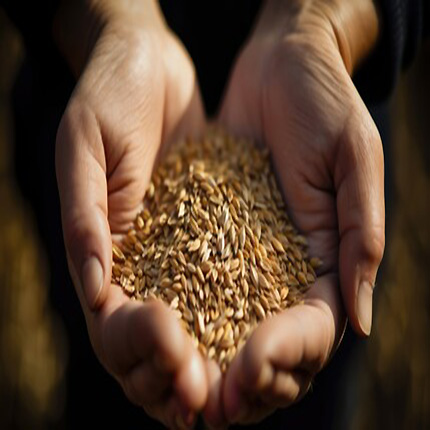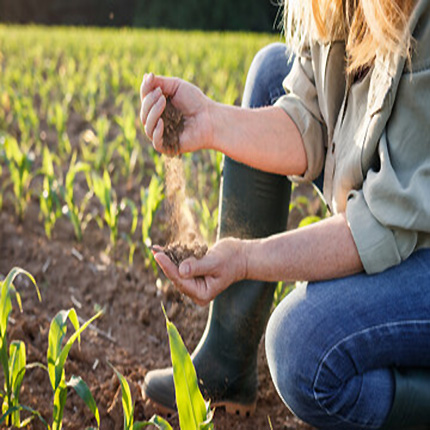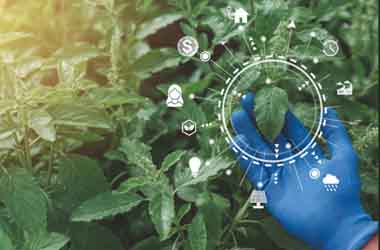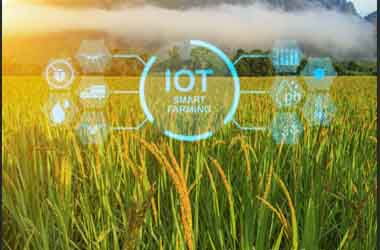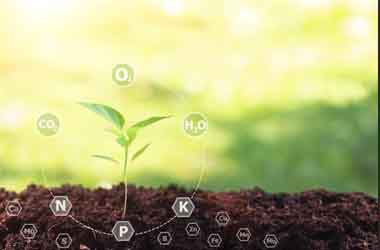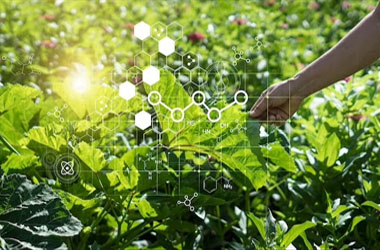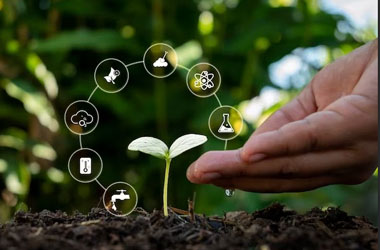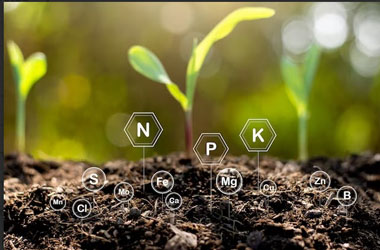Organitum leverages its expertise in organic agriculture and certified inputs to support organic aquaculture by providing sustainable and high-quality inputs for producing fish feed. By utilizing organic agricultural practices and certified organic inputs, Organitum contributes to organic aquaculture operations in the following ways:
-
Organic Inputs for Fish Feed: Organitum aims to offer certified organic inputs that can be used to produce fish feed for organic aquaculture operations. These inputs are cultivated using sustainable and environmentally friendly practices, ensuring the fish feed is high quality and aligns with organic standards.
-
Environmental Responsibility: Organitum's commitment to organic agriculture extends to supporting organic aquaculture by promoting environmental responsibility. By providing organic inputs for fish feed, Organitum helps reduce the ecological footprint of aquaculture operations and supports the preservation of aquatic ecosystems.
-
Quality Assurance: Organitum's certified organic inputs must undergo rigorous quality assurance processes to ensure they meet the required standards for organic production. By using these inputs in fish feed production, organic aquaculture operations can maintain high-quality standards and meet the demands of environmentally conscious consumers.
-
Sustainable Practices: Through its focus on organic agriculture and sustainable farming techniques, Organitum will contribute to the sustainability of organic aquaculture. By providing organic inputs for fish feed, Organitum supports aquaculture operations in adopting sustainable practices that prioritize ecosystem health and long-term viability.
-
Soil Health and Conservation: Organitum must promote organic agricultural practices that enhance soil health and conserve natural resources. Organitum must maintain healthy soil ecosystems and preserve the environment by advocating for sustainable cultivation methods.
-
Support for Third-Party Organic Certification: Organitum seeks to empower farmers by encouraging the adoption of ecologically friendly farming techniques. The solution provides a platform that supports third-party organic certification, enabling farmers to comply with organic standards and participate in knowledge-sharing initiatives within the organic agriculture sector.
-
Precision Farming Techniques: Organitum will integrate precision farming technologies into agricultural practices to optimize crop growth, resource utilization, and pest control. By leveraging precision farming techniques, Organitum aims to enhance the efficiency and sustainability of agricultural operations, leading to improved crop yields and reduced environmental impact.
-
Sustainable Supply Chain: The Organitum solution supports the development of a sustainable supply chain for organic aquaculture and ecological food production. By promoting the production of organic crops and fostering alignment with aquaculture operations, Organitum contributes to establishing a supply chain that prioritizes sustainability, environmental responsibility, and the production of high-quality organic products.
Organitum's expertise in organic farming and its support in providing certified organic fish feed inputs will be crucial for organic aquaculture operations, as they promote environmental responsibility, quality assurance, and sustainable practices in fish feed production.

